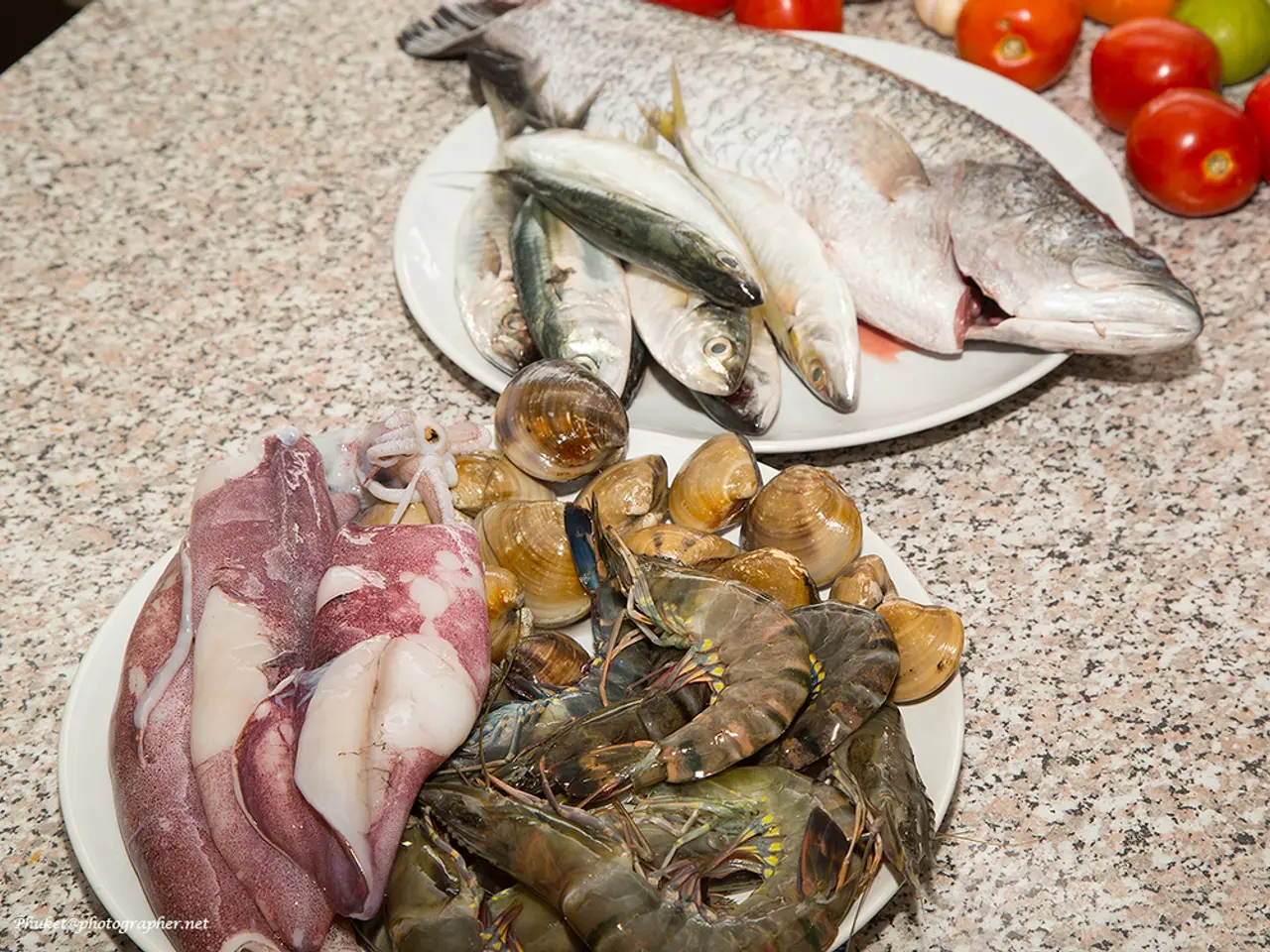Daily Summaries from the Press Information Bureau (09-06-2025)
In the spirit of global collaboration and shared responsibility, India has been actively engaging in initiatives aimed at strengthening ocean resilience and disaster preparedness.
World Food Safety Day 2025
The theme for this year's World Food Safety Day was "Food safety: science in action". This theme underscores the importance of scientific advice, standards, and their implementation in ensuring food safety worldwide. The event emphasized that "food safety is everyone’s business" and highlighted the connection between science-based standards and practical actions to keep food safe.
While specific details about the event organized by NIFTEM-Kundli in collaboration with the Food Safety and Standards Authority of India (FSSAI) could not be found, globally, the celebrations included the distribution of a World Food Safety Day “Get Started” Toolkit, the launch of the first-ever FAO/WHO World Food Safety Day poster competition, and global campaigns focusing on spreading awareness and inspiring action in food safety across all regions of the world.
Marine Spatial Planning (MSP)
India has emphasized the role of MSP in sustainable ocean governance. The India-Norway MSP collaboration has already delivered results through pilot projects in Puducherry and Lakshadweep. MSP provides a science-based framework to balance ocean resource use, conserve biodiversity, and secure coastal livelihoods. India has also stated its ambition to scale MSP across its entire coastline.
Disaster Resilience
At the International Conference on Disaster Resilient Infrastructure 2025, the Government of India outlined five global priorities to enhance disaster resilience. These priorities included the role of MSP, strengthening early warning systems, inter-agency coordination, the creation of a global digital repository of best practices and learnings from disaster-affected regions, and the importance of platforms like the Monaco Marine Conference for global ocean resilience.
India also highlighted the increasing threat of climate change and natural disasters to coastal and island communities. To address this, India has established a tsunami warning system that currently benefits 29 countries.
International Collaboration
India recognizes the importance of international collaboration in protecting the oceans amidst rising climate and economic pressures. This was evident in the presence of Norwegian Crown Prince Haakon at the event, highlighting the strategic importance of India-Norway bilateral cooperation on maritime sustainability.
The goal of CDRI, a global coalition launched by India, is to drive US$10 trillion worth investment into disaster-resilient infrastructure by 2050. This initiative underscores India's commitment to a resilient Blue Economy.
The Union Minister of Earth Sciences also addressed the Monaco Marine Conference, a platform under the Coalition of Disaster Resilient Infrastructure (CDRI). This conference offered critical momentum for global ocean resilience.
In a significant move, India also announced the launch of the SAHAV Portal, a GIS-based decision support system.
In conclusion, India's approach to marine governance and disaster resilience is data-informed, science-driven, and collaborative. As the world grapples with the challenges posed by climate change and rising economic pressures, initiatives like these are crucial in ensuring a sustainable and resilient future for our oceans and coastal communities.
- The importance of scientific advice and standards in the field of health-and-wellness, specifically food safety, was highlighted during World Food Safety Day 2025.
- India has collaborated with Norway on Marine Spatial Planning (MSP), using a science-based framework to balance ocean resource use and secure coastal livelihoods.
- Awareness and action regarding food safety are essential for everyone, as demonstrated by the global campaigns for World Food Safety Day 2025.
- India has established a tsunami warning system that benefits 29 countries, addressing the increasing threat of climate change and natural disasters to coastal and island communities.
- International collaboration is key to protecting the oceans, as demonstrated by India's strategic partnership with Norway on maritime sustainability.
- India's commitment to a resilient Blue Economy is evident in the goal of the CDRI initiative to drive US$10 trillion worth investment into disaster-resilient infrastructure by 2050.




